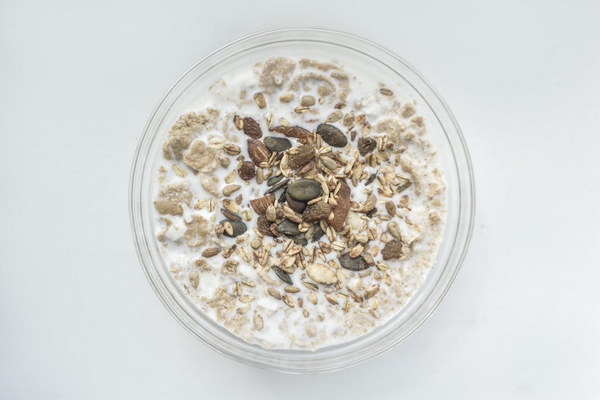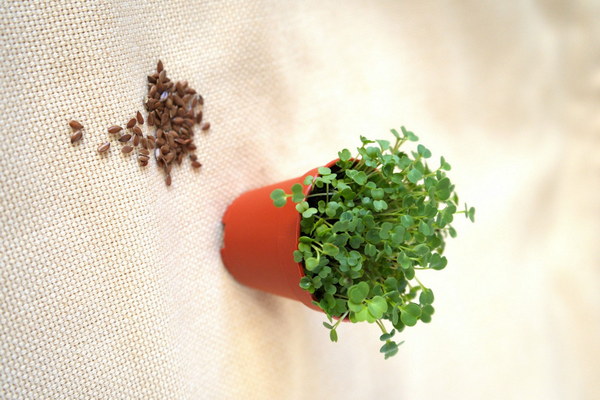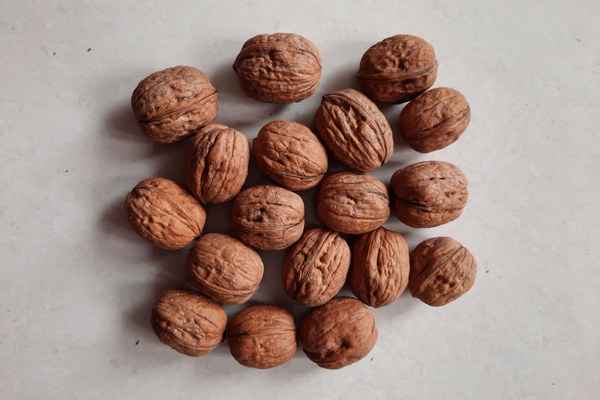Breathing Easy How to Cleanse Your Lungs After a Day of Dusty Work
In the realm of occupational hazards, dust exposure is a common concern for those employed in industries such as construction, mining, and agriculture. The fine particles of dust that accumulate in the lungs can lead to respiratory issues over time. If you find yourself in a profession that involves dealing with dust on a daily basis, it's crucial to take proactive measures to cleanse your lungs. Here's a comprehensive guide on how to effectively clear your lungs after a day of dusty work.
Understanding the Risks
First and foremost, it's essential to understand the risks associated with dust exposure. Dust particles can vary in size and composition, with some being more harmful than others. Larger particles are usually filtered out by the nose and throat, but smaller particles can penetrate deeper into the lungs, causing irritation, inflammation, and potentially more serious conditions like chronic obstructive pulmonary disease (COPD) or lung cancer.
Post-Work Lung Cleansing Routine
1. Change Out of Work Clothes: After a long day in dusty conditions, the first step is to change out of your work clothes. This helps to prevent the transfer of dust particles into your home environment and onto your personal clothing.
2. Shower and Wash Your Face: A thorough shower is the most effective way to remove dust from your skin. Pay special attention to areas where dust tends to accumulate, such as your hair, face, and hands. Washing your face with a gentle cleanser can help remove any particles that may have settled on your skin.
3. Use a Dust Mask: If you're not in the habit of wearing a dust mask at work, consider using one while you're cleansing your lungs. This can help trap any remaining particles that may be in the air.
4. Deep Breathing Exercises: Deep breathing exercises can help to expel trapped dust from your lungs. Practice deep breaths, inhaling slowly and deeply through your nose, and exhaling slowly through your mouth. This can be done for a few minutes to help clear your lungs.
5. Steam Inhalation: Steam inhalation is a traditional method used to clear the respiratory tract. Boil a pot of water and add a few drops of eucalyptus oil or another essential oil known for its respiratory benefits. Drape a towel over your head and breathe in the steam for several minutes.

6. Herbal Remedies: Certain herbal remedies can aid in lung cleansing. Ginger, turmeric, and licorice root are known for their anti-inflammatory properties and can be consumed as tea or added to meals.
7. Stay Hydrated: Drinking plenty of water helps to thin mucus and facilitate the removal of dust particles from the respiratory system. Aim for at least eight glasses of water a day.
8. Exercise Regularly: Regular physical activity, especially aerobic exercise, can help improve lung function and increase the efficiency of the respiratory system. Consider activities like walking, jogging, or swimming.
9. Avoid Smoking and Secondhand Smoke: Smoking is a significant risk factor for lung diseases. If you're a smoker, quitting is one of the best things you can do for your lungs. Similarly, avoid exposure to secondhand smoke, which can exacerbate respiratory issues.
Long-Term Prevention
1. Occupational Safety Measures: Work with your employer to implement or improve safety measures, such as using dust suppressants, wetting down dusty areas, and providing personal protective equipment (PPE) like masks and gloves.
2. Regular Check-ups: Schedule regular medical check-ups to monitor your lung health. Early detection of any issues can lead to more effective treatment.
3. Healthy Diet: A diet rich in fruits, vegetables, and omega-3 fatty acids can support lung health. Foods like apples, pears, and leafy greens are high in antioxidants that can help protect the lungs.
In conclusion, taking care of your lungs after a day of dusty work is essential for maintaining respiratory health. By following these steps, you can effectively cleanse your lungs and minimize the risks associated with dust exposure. Remember, prevention is key, so always advocate for safe working conditions and take steps to protect your lungs both at work and at home.









